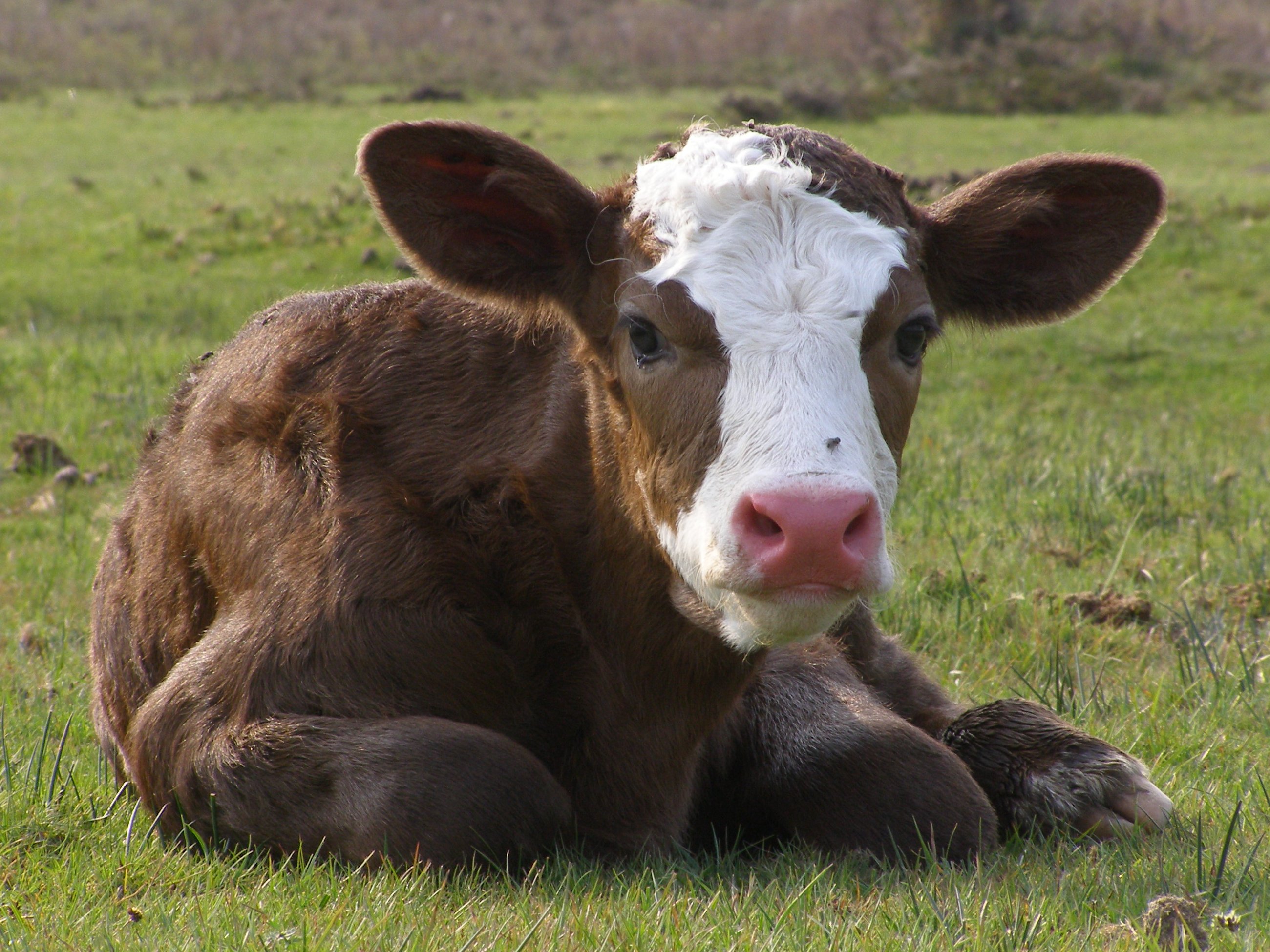A while ago I posted this:
It reminds us of the hierarchy of the 3R's, and suggests a few new ones: Refuse → Reduce → Reuse → Recycle → Rot.
Now, we can refuse disposable packaging used for other things by refusing the thing itself. (Yours truly once ordered a VR Google Cardboard from the famously-packaging-excessively-Amazon that yours truly never used... Just an example of what could be refused.) But food is something we can't live without.
Check out this aesthetic animation by kurzgesagt on the plastic pollution.
I've been trying to cut down on my plastic waste when I shop for groceries. Although this study shows that you would need to use your cotton bag 7100 times before it has a lower environmental footprint than single-use plastic bags, I bring my own canvas bag, my own containers for nut refills and my own plastic bags for packaging individual vegetables, and I avoid most packaged products. A lot of vegetables come in packaging; I always choose the loose ones, and I never tear out a plastic bag for them. (Meat spoils faster, and needs constant refrigeration and packaging; luckily I've cut it out!)
I haven't found unpackaged corn. :(
There are a few issues here. Firstly, I prefer fresh produce, and I assume that less energy has been used compared to processed options. However, this study found that more fresh broccoli is wasted in the kitchen (20%) than if it had been processed (5%), which could result in a higher environmental impact. Still, another study found that despite processed food reducing retail-level food waste, the greenhouse gas emissions from and material and energy investments required for processing (e.g. canning) and refrigeration (e.g. freezing) mean that fresh green beans and blueberry and mussels are the better option for the environment. (On this note, I highly recommend using winter as a fridge, as my 姥姥 always does.)
Meet this guy's fridge.
Secondly, a lot of fresh produce bruise easily (such as spinach and strawberries), which means they have to be packaged to facilitate transport and protect freshness. Food waste research found a tradeoff between reducing packaging and reducing food waste: packaging accounts directly for a small portion (10%) of the total impacts of food production, and effects of switching to recyclable packaging is negligible compared to the effects of reducing food waste. The recommended solution is not to increase packaging though, but for correct packaging and effective distribution.
All these comparisons were done using the LCA. For those of you who don't know, LCA stands for life cycle assessment, which is an internationally recognised method for accounting for the sum of all environmental impacts at every stage of a product's life cycle.
I've also been trying to cut down on single-use containers. At my university, almost all food is displayed or served in single-use containers and utensils. Maybe the small student population doesn't justify installing central dishwashing. (This study found that the breakeven point for 1 ceramic cup is 39 uses to have the same environmental impact as 39 paper cups, and 1006 uses for foam cups.) Anyway, when I buy food, I always offer to use my own container. They do give a discount for that, which I find encouraging.
Towards getting the most and best product using the least disposable packaging, meal kits are the worst. A while ago, I couldn't resist a meal kit promotion and ordered a week's worth, but after seeing all the packaging that went into it, I felt guilty and ridiculous. London's Abel and Cole used slightly less packaging because they loved to include hardy root and stem vegetables, but all the condiments came in tiny amounts, individually packaged.
I sometimes wonder if my protest is too silent to be heard. But I've been challenged for my (unusual?) practices, so I know that people are noticing: I was dispensing nuts into my own container when the store manager stopped by and told me to use the plastic bags they provide; I ordered a pizza at uni and told them to put it on my plate, but they told me to "just take a [paper] plate! It's free!"
And I'll admit that there are "bigger fish to fry". (Stay tuned for that, I'll talk about banking next!) But it gives me a little comfort to feel like I'm doing a small part to protest our industrialised ways.
I'm interested to learn what YOU do for everyday sustainability!
I'm interested to learn what YOU do for everyday sustainability!









.jpg)


